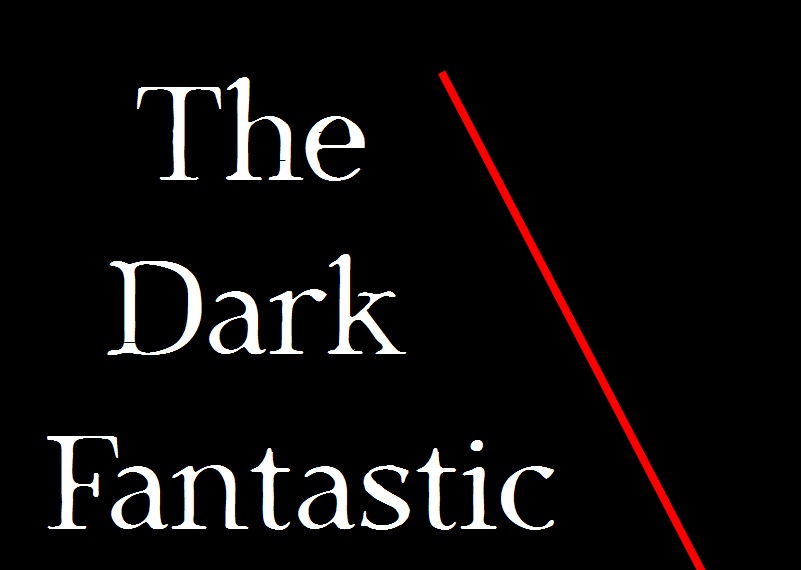The NOW Comics adaptation and continuation of the fan favorite Fright Night (1985) movie (written and directed by Tom Holland), which ran from 1988 till 1990, starts off with a bang, with a two-issue adaptation of the original movie, written by Joe Gentile, that manages to capture the spirit and humor of the film and offer enough fresh touches to make it enjoyable for even the most hardcore fans.
The comics then move on to what would become a staple of the series: a number of stand-alone stories of varying mileage, starting with issue#3, The Dead Remember, a fun and atmospheric tale, pitting Charley Brewster and Peter Vincent against a horde of blood/brain-sucking bats from another dimension.
After two underwhelming issues that bear little resemblance to the tone of the original movie, the series gets back on track with issue#6, The Legion of Endless Night, introducing the formidable vampire legion of the title, and which will become the main villain throughout the series. This issue and its sequel, issue#7, are a joy to read, taking our heroes through a fast-paced adventure packed with plenty of vampire action.
Next, the series re-introduces fan favorite Evil Ed in issues#8 and #9, The Revenge of Evil Ed, who is revealed to be alive (undead?!) and well, and out for revenge against Charley and Peter. These two issues are fun, if not very inventive, and by now the problems with the series start to show, chief among them the overly humorous tone and occasionally silly plotting, as the intended audience seems to be within the PG-13 range, with the writing lacking the wit, warmth, and menace of the original movies. The writers involved, including Tony Caputo, Katherine Llewellyn, and James Van Hise, don't seem to be too interested in capturing the essence of the characters and the delicately balanced tone of the original movie. Instead, we are introduced to a number of forgettable side characters, including a truly forgettable new love interest for Charley.
The cracks really start to show with the next four issues, a series of lame and truly jarring stories that try to stretch the range of the series in all the wrong ways (monsters out of Greek mythology in issue#12 and a child serial killer in issue#13???). The series then recovers a little bit with the amusing two-parter The Resurrection of Dracula (issues# 14 and 15).
Then comes the final stretch of books, with the final seven issues focusing on the resurrection of Jerry Dandridge, starting with issue#16, Potion Motion. But, sadly, the plot is mishandled by the writers, with the resurrected Dandridge barely resembling the much beloved villain as portrayed by Chris Sarandon in the original movie, and the series ends with a clumsy and forgettable finale in issue#22, Reign of Terror.

The NOW Comics adaptation of Fright Night has its fans, but it also has its detractors, and reading the entire run of the series, it's easy to see why. The characters from the original movie aren't handled with care for the most part; the humor is occasionally off-key; and the quality of the stories varies dramatically from issue to issue. But the art is always good, and some of the charm of the original movie and its characters rubs off on the series, providing a number of issues that are worth the fans' time. But Fright Night, one of the greatest horror movies to come out of the 1980s, deserved better than this.
Text © Ahmed Khalifa. 2020.
Ahmed Khalifa is a filmmaker and novelist. He is the writer/director of the feature film Wingrave, released on Netflix, and the author of a number of novels and short stories, including the YA horror novel, Beware The Stranger, available on Amazon. Find him on Twitter @AFKhalifa and on Facebook @Dark.Fantastic.AK·Writer.









